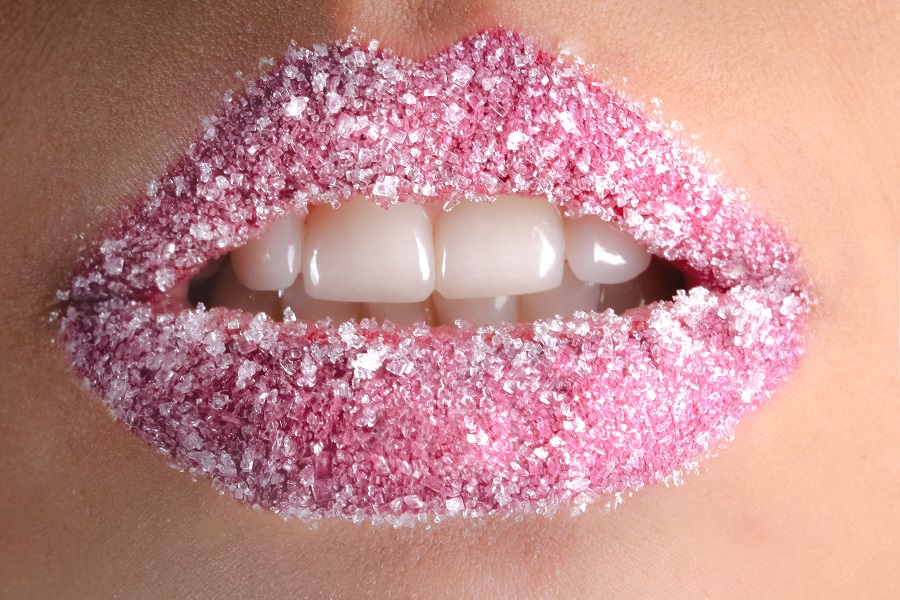The Healthy Smiles of Saint Louis office is closely and proudly associated with the not-for-profit dental charity Give Kids A Smile. As president of the GKAS Board, Dr. Flavin along with other instrumental board members–including Dr. Mark Ortinau, Dr. Jeffery Dailn, Dr. Anthony Marino, Dr. Craig Hollander, and Dr. Danielle Riordan–has spent years providing free dental care and education to the under-served children of the greater Saint Louis area.
Healthy Smiles of St. LouisSince its inception in the spring of 2002, Give Kids A Smile has served over 14,000 children and has provided them with over $7,000,000 worth of free dental care. GKAS’s dedication to creating new and accessible avenues to dental services and education has made an undeniably important impact on not just the greater St. Louis area, but the nation as well. It has become the primary model for the American Dental Association‘s Access to Care program. So that today hundreds of thousands of kids across the nation receive well-needed, free, comprehensive dental care because of GKAS St. Louis’s passion and dedication to dental health. Every October new members of the Give Kids A Smile Community Leadership Development Institute come to Saint Louis to learn the best practices of the Saint Louis Program. Everyone at Healthy Smiles of Saint Louis is proud to volunteer their time and talent to such a worthy cause, because in the end it’s really all out the smiles!
For more information on various GKAS projects click here. For more information about registering to be treated at one of the GKAS clinics click here. Interested in volunteering? Click here!
More Blog Posts
Save time by completing your new patient forms and sending them to us online or bring them with you to your first visit.
- MON - THU8:00 am - 5:00 pm
- FRI - SUNClosed








